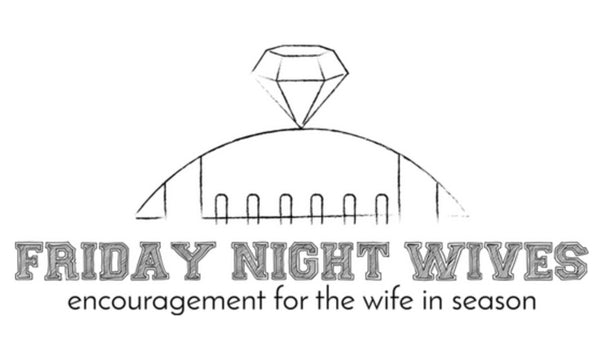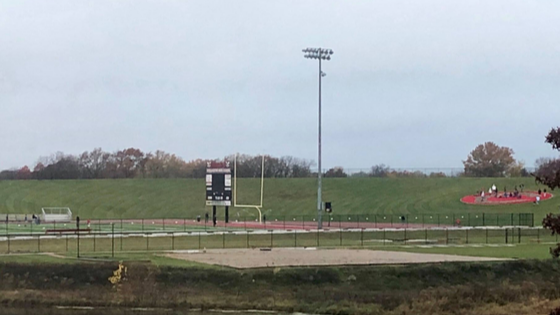I previously offered information about the “debriefing practice” we do at the end of each season in a short discussion on the Friday Night Wives page. It seemed to strike a chord with many of you, so I put together a bit more comprehensive explanation for any who may be wanting to implement this on their teams.
The inception of this came from two places.
First, I am a therapist, so my poor hubs gets my geeky self talking through the importance of these types of things regularly.
Secondly, debriefing is a therapeutic practice that is undertaken for anyone who has been through an intense experience and needs a way to return to “regular life.” Debriefing sessions are often practiced by first responders, disaster relief volunteers, those returning from war, and those returning from mission trips, etc.
We wanted an intentional way for our boys to process the experiences and emotions of the season rather than “just” having them turn in their equipment and move on to the next thing.
Here are some tips that you can manage and massage to fit your own culture that may help your coach “end well” with his players.
- Talk with your winter sport coaches. It is essential that basketball, wrestling, etc. are on board with this idea because you are taking one additional day away from those multi-sport boys starting practice with them.
- Explain the “why” behind a debriefing practice. While not literal war, these boys have been “battling” together for months for a unified purpose. Help them understand the importance of meaning-making and emotional processing.
- This is an opportunity for coach to teach these young men about endings and loss. There are always players who are sad and players who are ready to move on. This is an incredibly powerful opportunity to teach them that everyone ends/grieves differently and that is okay.
- It’s not all serious. Some of the levity/enjoyment of the practice comes from the players putting together a Top 10 list of favorite moments in the season by category (i.e. practice, game prep, actual games, bus rides, etc.). There are always funnies.
- When the players go to the field they are led by the seniors. They are offered the opportunity to walk the field, the stands, the “hill,” whatever is significant in your stadium all in silence so they can filter through memories and say goodbye.
- Coach leads them through a mental recap of the season by walking the field. Pre-season happens in one endzone, game one on the 10, game five on the 50, post season in the other endzone, etc.
- The end of the practice involves the seniors offering memories and/or advice to the younger players as they continue in the program.
- The entire experience ends with a final something … whatever the important tradition is at your school. It may be a chant, significant warm-up routine, prayer, etc. The juniors then lead the team back to the locker room as their first act as the leaders of next year’s team.
As a final note I will add that this can be an emotionally intense/vulnerable experience and some people (coaches and players) are more comfortable with that than others. Expect that you will have knucklehead players who have trouble taking it seriously, giggle, “toot,” or who knows what else. You may also very well have coaches who are not particularly comfortable either.
Regardless, football is a hyper-masculine game often filled with hyper-masculine men. It is taking the time for exercises like this that helps us teach them that even dudes have feelings, their coach included.

